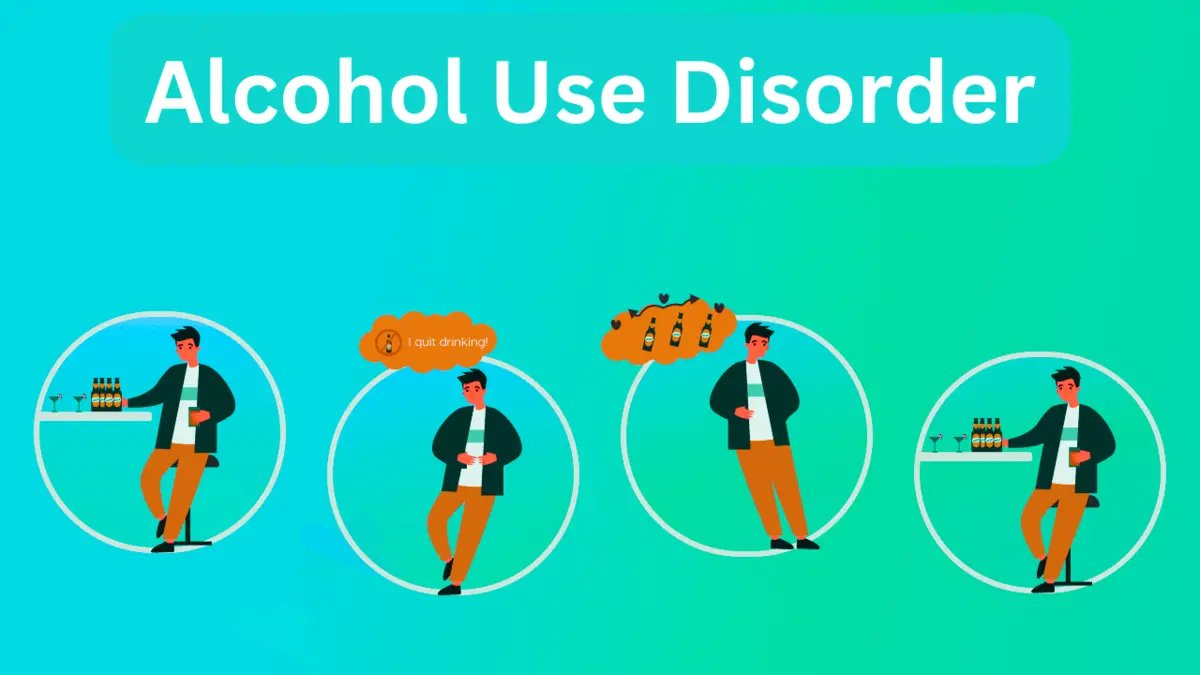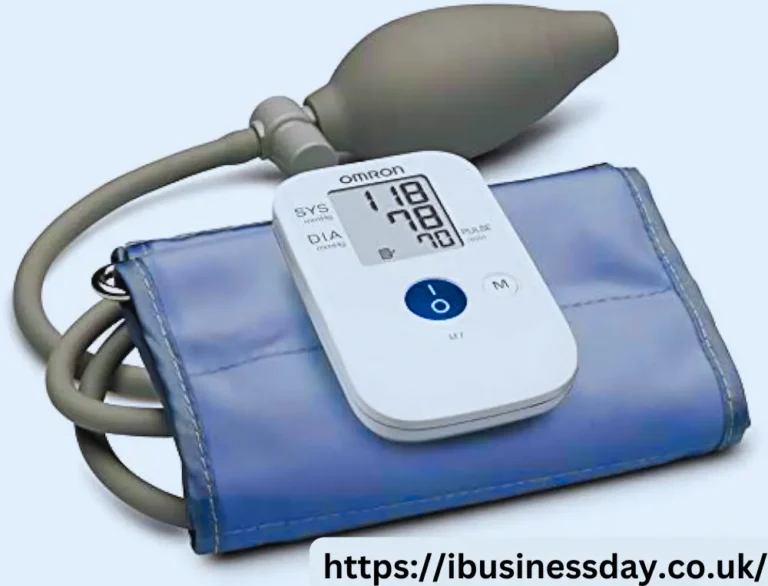Alcohol Use Disorder Managing Triggers and Temptations
Managing triggers and temptations is a crucial aspect of maintaining sobriety for individuals recovering from alcohol use disorder (AUD). These triggers and temptations can be powerful, but with the right strategies for alcohol use disorder treatment, they can be effectively managed.
Understanding Triggers and Temptations
Triggers are people, places, things, or emotions that can prompt the urge to drink. Temptations are the desires or cravings that arise when encountering these triggers. They can be both internal and external and vary greatly among individuals. Common triggers include:
- Social Situations: Parties, bars, or gatherings where alcohol is present.
- Stress and Anxiety: Work pressure, financial worries, or personal issues.
- Emotional States: Feelings of sadness, loneliness, anger, or frustration.
- Environmental Cues: Seeing alcohol, advertisements, or places associated with drinking.
- Relationships: Interactions with people who drink or who were part of your drinking life.
Identifying Your Triggers
The first step in managing triggers is identifying them. Reflect on situations, people, and emotions that have led to drinking in the past. Keeping a journal can be helpful in tracking your triggers. Write down instances when you felt the urge to drink and note the circumstances and your emotional state at the time. This can provide valuable insights into your triggers and help you develop strategies to manage them.
Developing Coping Strategies
Once you’ve identified your triggers, developing effective coping strategies is essential. Here are some strategies to help manage triggers and temptations:
1. Avoid High-Risk Situations
Avoiding high-risk situations where alcohol is present can help reduce temptations. This might mean declining invitations to parties or social events where drinking is the focus. Instead, seek out activities and environments that support your sobriety, such as alcohol-free gatherings or hobby groups.
2. Build a Support Network
Surround yourself with supportive friends and family who understand your journey and encourage your sobriety. Open communication about your needs and challenges can help them provide the right kind of support. Consider joining a support group, such as Alcoholics Anonymous (AA), where you can share your experiences and receive encouragement from others in recovery.
3. Practice Stress Management Techniques
Stress is a common trigger for many people with AUD. Learning effective stress management techniques can help you cope without turning to alcohol. Techniques such as deep breathing, meditation, yoga, and exercise can reduce stress and improve your overall well-being.
4. Develop Healthy Coping Mechanisms
Finding healthy ways to cope with stress and emotions is crucial for maintaining sobriety. Here are some alternatives to drinking:
- Exercise: Physical activity can reduce stress, improve mood, and boost physical health. Find activities you enjoy, such as walking, jogging, yoga, or swimming.
- Hobbies: Engaging in hobbies and interests can provide a positive distraction from cravings. Consider activities like painting, gardening, cooking, or playing a musical instrument.
- Relaxation Techniques: Practices such as deep breathing, meditation, and mindfulness can help you manage stress and stay calm.
5. Use Mindfulness and Meditation
Mindfulness and meditation can help you stay present and manage cravings. These practices encourage self-awareness and can reduce the intensity of triggers. Start with short, daily meditation sessions and gradually increase the duration as you become more comfortable.
6. Set Realistic Goals
Setting realistic and achievable goals can keep you motivated and focused on your recovery. Break down your sobriety goals into smaller, manageable steps, and celebrate each milestone. This can boost your confidence and reinforce your commitment to staying sober.
7. Have an Exit Plan
If you find yourself in a situation where you feel tempted to drink, have an exit plan ready. This could involve leaving the event, calling a supportive friend, or engaging in a distracting activity. Knowing you have a way out can reduce anxiety and help you stay in control.
8. Engage in Support Groups
Support groups, such as Alcoholics Anonymous (AA), provide a sense of community and shared experiences. Joining a group can offer encouragement and accountability. Regular meetings can help you stay connected to your recovery goals and receive support from others who understand your journey.
9. Utilize Therapy
Therapy, such as cognitive-behavioral therapy (CBT), can help you identify and change negative thought patterns and behaviors associated with drinking. A therapist can also provide personalized strategies for managing triggers and temptations.
10. Plan for Relapses
Relapse is a common part of the recovery journey, and planning for it can help you bounce back quickly. Understand that a relapse doesn’t mean failure; it’s an opportunity to learn and strengthen your commitment to sobriety. Have a plan in place for how you’ll handle a relapse, including reaching out for support and reassessing your coping strategies.
Creating a Sober Lifestyle
Building a new, sober lifestyle is crucial for long-term recovery. Here are some tips for creating a fulfilling life without alcohol:
11. Find New Hobbies and Interests
Discover new hobbies and interests that don’t involve alcohol. Whether it’s painting, hiking, cooking, or learning a new language, engaging in activities you enjoy can provide a positive distraction from cravings.
12. Stay Physically Active
Regular exercise can reduce stress, improve mood, and boost physical health. Find physical activities you enjoy, such as jogging, swimming, or dancing, and make them a part of your routine.
13. Eat a Balanced Diet
Nutrition plays a vital role in recovery. Eat a balanced diet rich in fruits, vegetables, lean proteins, and whole grains. Proper nutrition can improve mood, energy levels, and overall health.
14. Get Enough Sleep
Quality sleep is essential for mental and physical health. Establish a regular sleep schedule and create a restful environment to ensure you get enough rest.
15. Volunteer and Give Back
Helping others can provide a sense of purpose and fulfillment. Look for volunteer opportunities in your community or find ways to give back. Volunteering can help you build new connections and reinforce your commitment to sobriety.
Conclusion
Managing triggers and temptations is a crucial part of the recovery journey from alcohol use disorder. By identifying your triggers, developing effective coping strategies, and creating a supportive environment, you can significantly enhance your chances of maintaining long-term sobriety. Remember, recovery is a personal journey, and finding what works best for you is key. With determination, support, and the right strategies, you can overcome AUD and lead a fulfilling, sober life.







